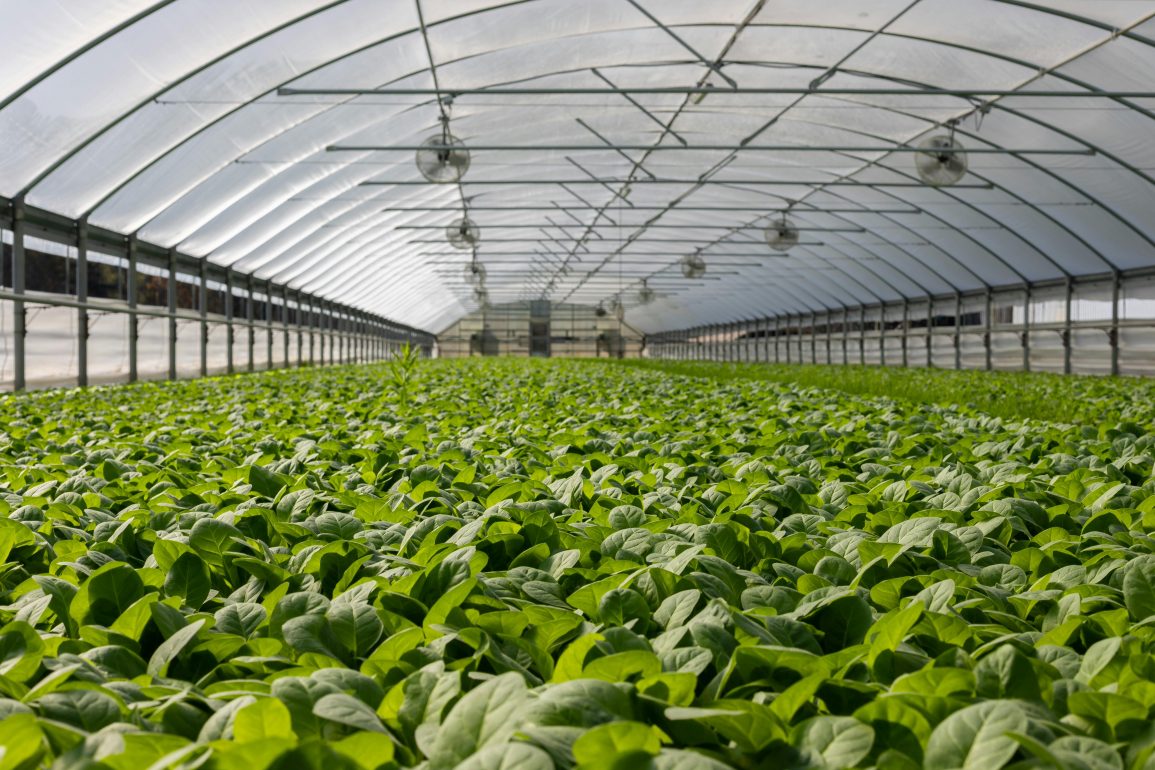In a concerning development for global climate action, over 20 scientists have expressed alarm over the UN Food and Agriculture Organization’s (FAO) reluctance to amend or retract a livestock emissions report that has been criticized for containing significant inaccuracies.
The report allegedly downplays the potential of dietary changes in reducing agricultural greenhouse gas emissions, which contribute approximately 25% of global anthropogenic emissions, primarily from livestock.
In a letter obtained by the Guardian, these experts voiced their disappointment at the FAO’s failure to address the “serious distortions” highlighted by academics Paul Behrens and Matthew Hayek.
Earlier this year, the duo raised concerns about the report’s methodology, which they claim improperly used outdated dietary recommendations and double-counted meat emissions, among other errors.

Behrens described the FAO’s engagement as inadequate, stating that a promised technical dialogue has yet to materialize beyond a webinar that offered limited opportunities for feedback.
He criticized the FAO for not adequately addressing the majority of their concerns, stating, “It’s been like hitting a brick wall.”
The FAO’s report, originally presented at last December’s COP28 climate summit, was intended as a comprehensive overview of livestock emissions. However, the experts argue it underestimated potential emissions savings from reduced livestock farming by a factor of six to 40.
Jennifer Jacquet, an environmental science professor at the University of Miami, highlighted the need for rigorous scientific standards, comparing the FAO’s response process unfavorably to that of scientific journals, where corrections are expected.
The letter, which included signatures from 78 environmental organizations, emphasized the importance of accuracy in data and policy recommendations given the FAO’s significant global influence.
The experts called for urgent corrections to maintain the FAO’s scientific credibility and ensure effective climate action.

